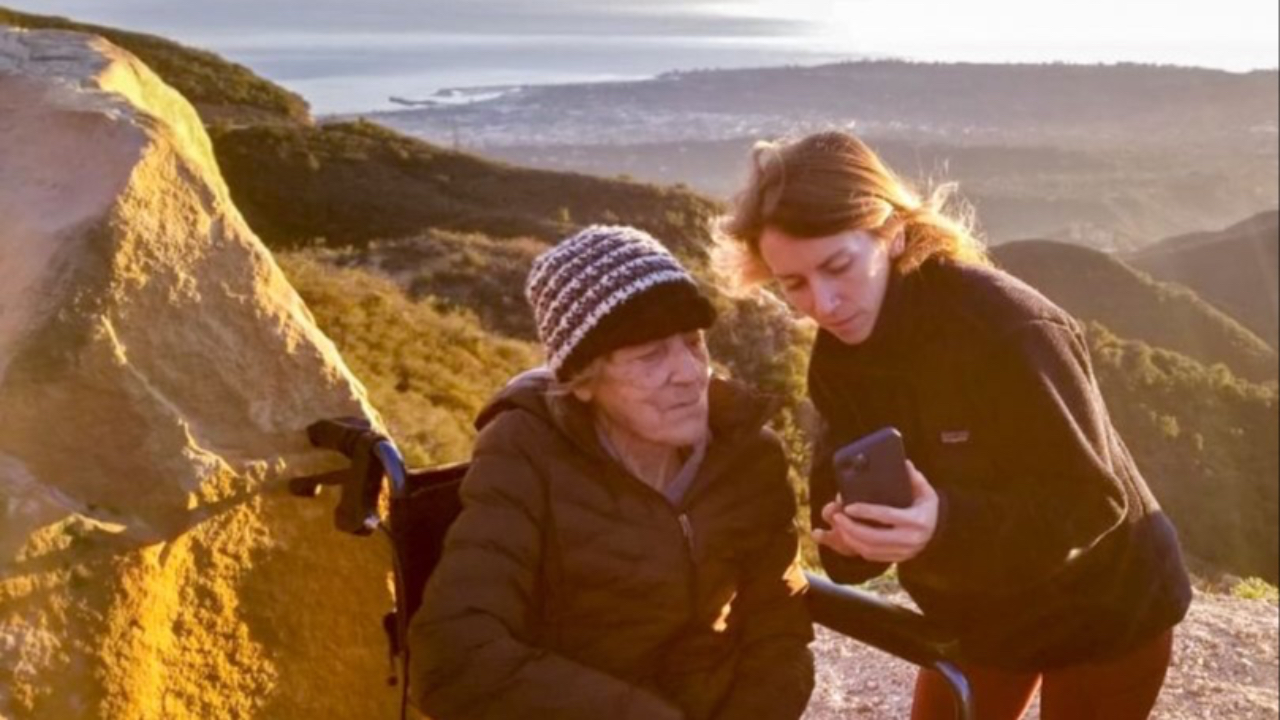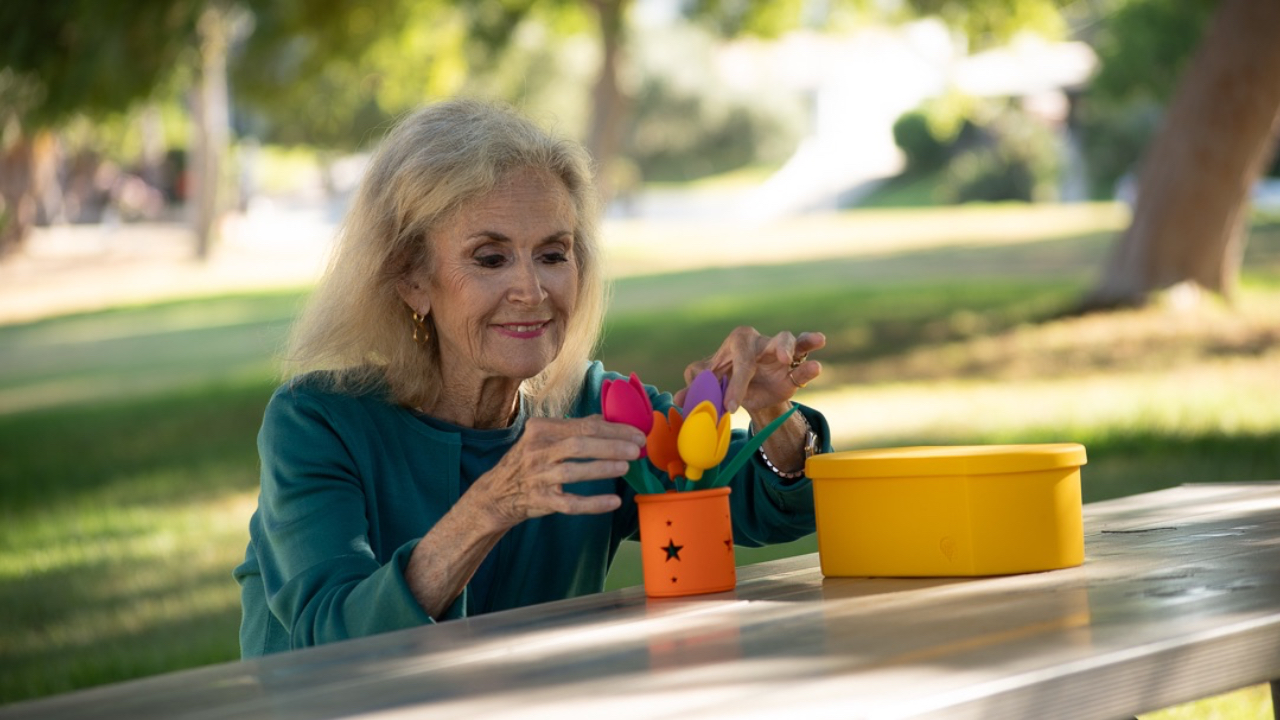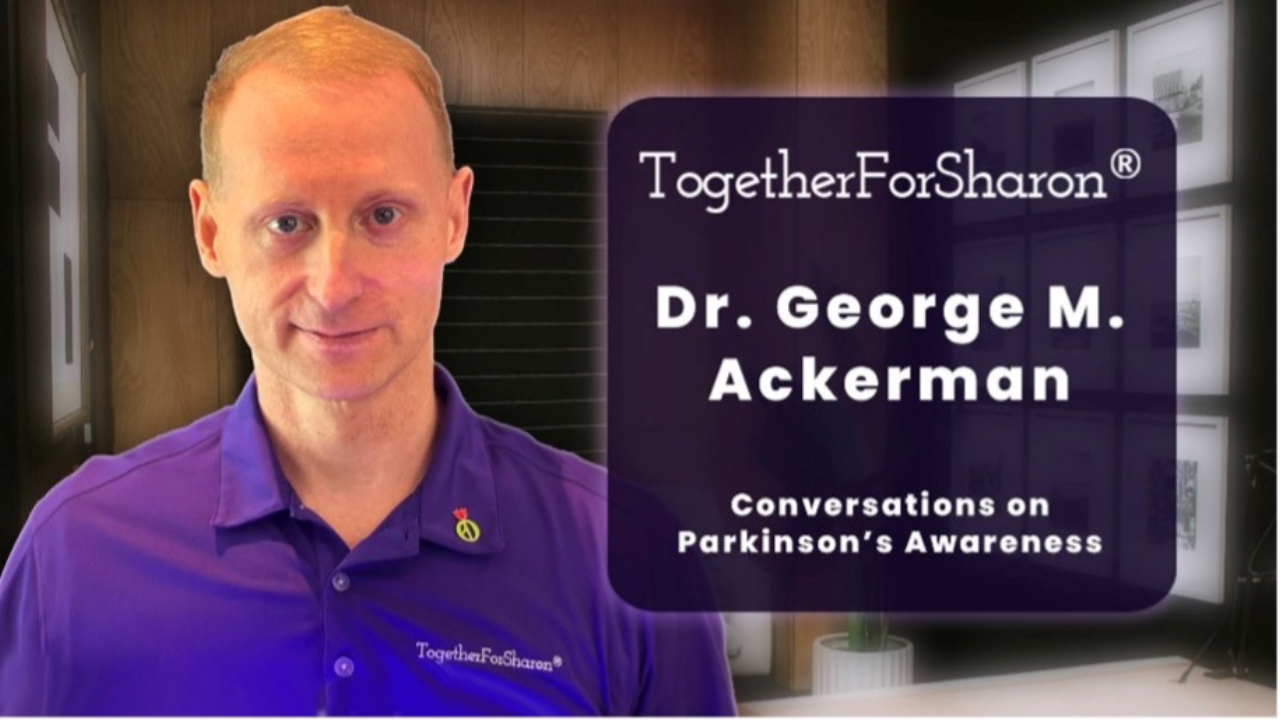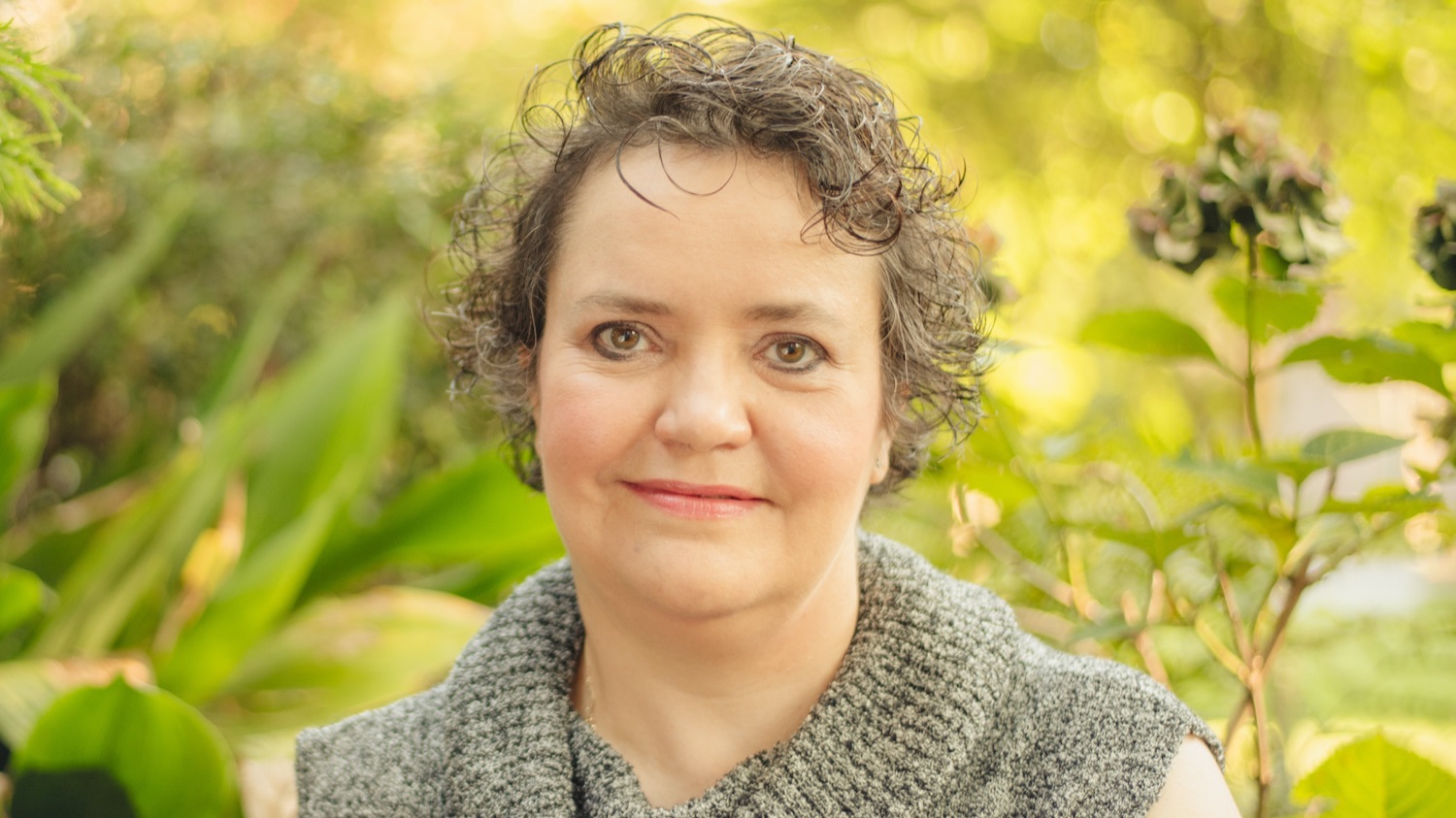Bridgetown's Holiday Gift Guide
Nov 30, 2025
The Heart Work of Enriching Lives Every Day
Jan 01, 2025
12 Resources and Tools for Dementia Caregivers
Nov 01, 2024
21 Dementia Care Podcasts to Explore
Oct 01, 2024
Why Can’t I Just Use YouTube?
Feb 01, 2024
Introducing "Dementia Divas!"
Oct 01, 2023

















